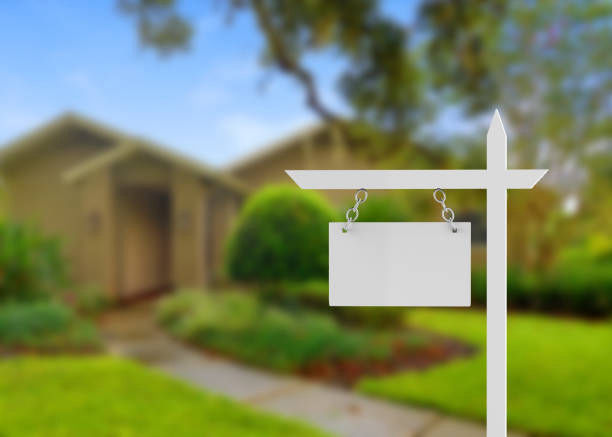To excel in property management, it is crucial to have a deep understanding of the real estate market, local regulations, and industry best practices. Stay updated on current trends, changes in legislation, and emerging technologies that can streamline your operations. Invest time in expanding your knowledge through workshops, seminars, online courses, and networking events. Being well-informed will empower you to make informed decisions and anticipate challenges before they arise.
The Role of a Property Manager:
Property managers act as intermediaries, representing property owners and handling the day-to-day operations of their properties. Their responsibilities include marketing and advertising vacancies, screening tenants, executing lease agreements, collecting rent, maintaining the property, handling repairs and maintenance, and resolving tenant issues. A competent property manager is skilled at balancing the needs of both owners and tenants to ensure a smooth and profitable operation.
A property manager's role extends beyond the financial aspects of property management. They play a critical role in fostering a sense of community among tenants. By organizing social events, implementing rules and regulations, and mediating disputes, property managers promote a harmonious living environment. This not only improves tenant satisfaction but also increases the likelihood of residents renewing their leases, leading to stable occupancy rates and reduced turnover.
Tenant Acquisition and Screening:
Securing high-quality tenants is essential for property owners looking to maximize returns and minimize vacancies. Effective marketing strategies, such as online listings, social media presence, and engaging property descriptions, can attract a large pool of potential tenants. Once applicants express interest, thorough tenant screening becomes crucial. Background checks, credit assessments, employment verification, and reference checks help evaluate the suitability of tenants and reduce the risk of problematic renters.
Lease Agreements and Rent Collection:
Creating comprehensive and legally sound lease agreements protects both property owners and tenants. Lease agreements should cover rent amount, payment schedule, lease duration, security deposit requirements, maintenance responsibilities, and any additional terms and conditions. Property managers should enforce timely rent collection and establish efficient payment methods, such as online portals, to streamline the process and reduce late payments.
Property Maintenance and Inspections:
Maintaining the property's physical condition is essential for tenant satisfaction and asset preservation. Property managers should establish regular inspection routines to identify any maintenance issues promptly. Timely repairs, routine maintenance, and addressing tenant complaints contribute to a positive tenant experience, leading to longer tenancies and reduced turnover rates. Additionally, property managers should be familiar with local regulations and ensure compliance with safety standards and building codes.
Financial Management and Reporting:
Property managers are responsible for financial management, which includes budgeting, accounting, and reporting. This involves tracking income and expenses, preparing financial statements, and providing regular reports to property owners. By maintaining accurate records and employing property management software, managers can streamline financial processes, identify cost-saving opportunities, and ensure transparency with property owners.
Legal Considerations and Risk Management:
Navigating the legal landscape is crucial in property management. Property managers must be well-versed in local, state, and federal laws regarding landlord-tenant relationships, fair housing, eviction processes, and property maintenance standards. Staying up-to-date with legal requirements and engaging legal counsel when necessary helps mitigate risks and avoid potential legal pitfalls.

